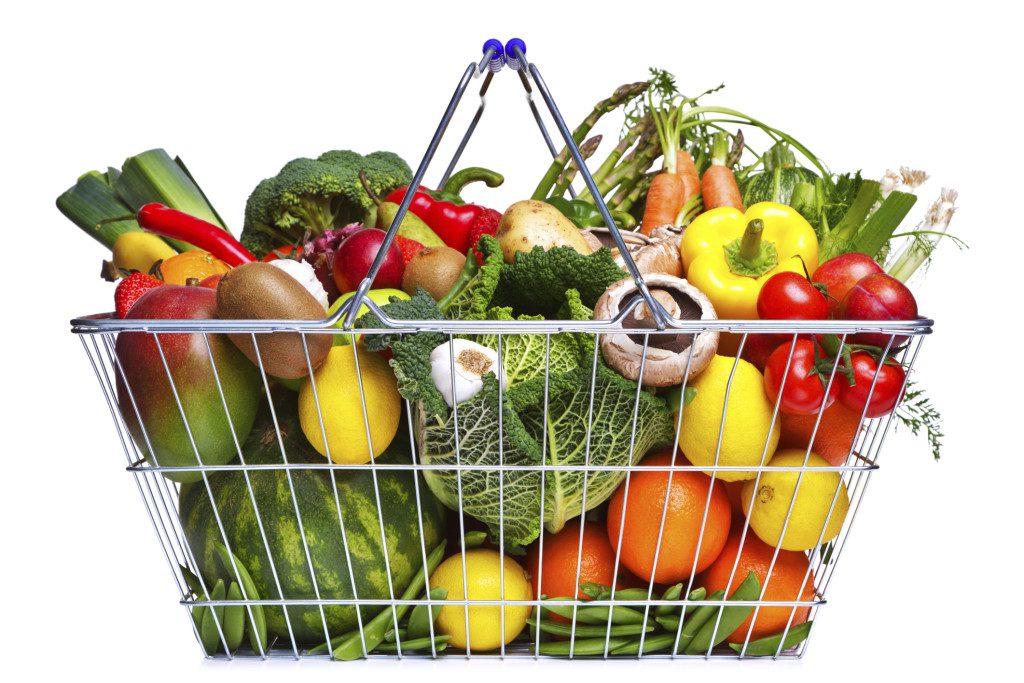Is the Whole30 diet good for runners?
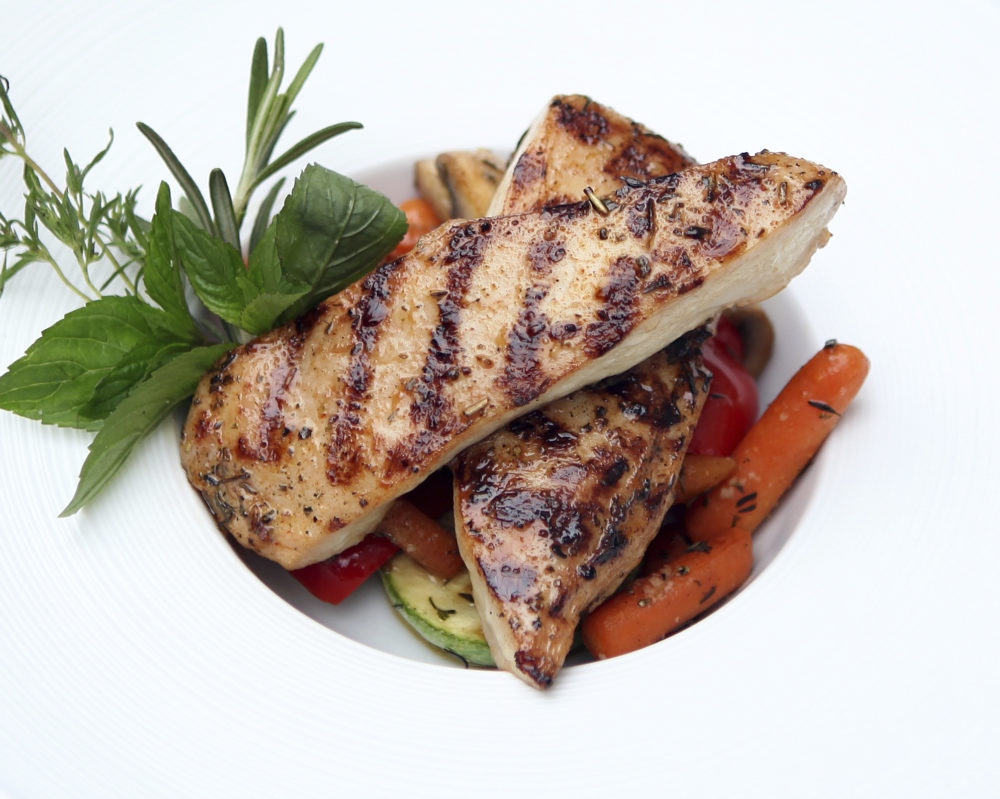
The Whole30 diet falls into the paleo/keto-type regimes that are touted among mainstream dieters as being both healthy and excellent for weight loss. And despite skepticism on the part of dietitians as to how healthy it is, the weight loss part does seem to work, at least for some people (though how permanent it is, is another story). But what are the specific implications for runners?
RELATED: Mediterranean diet boosts 5K performance, study shows
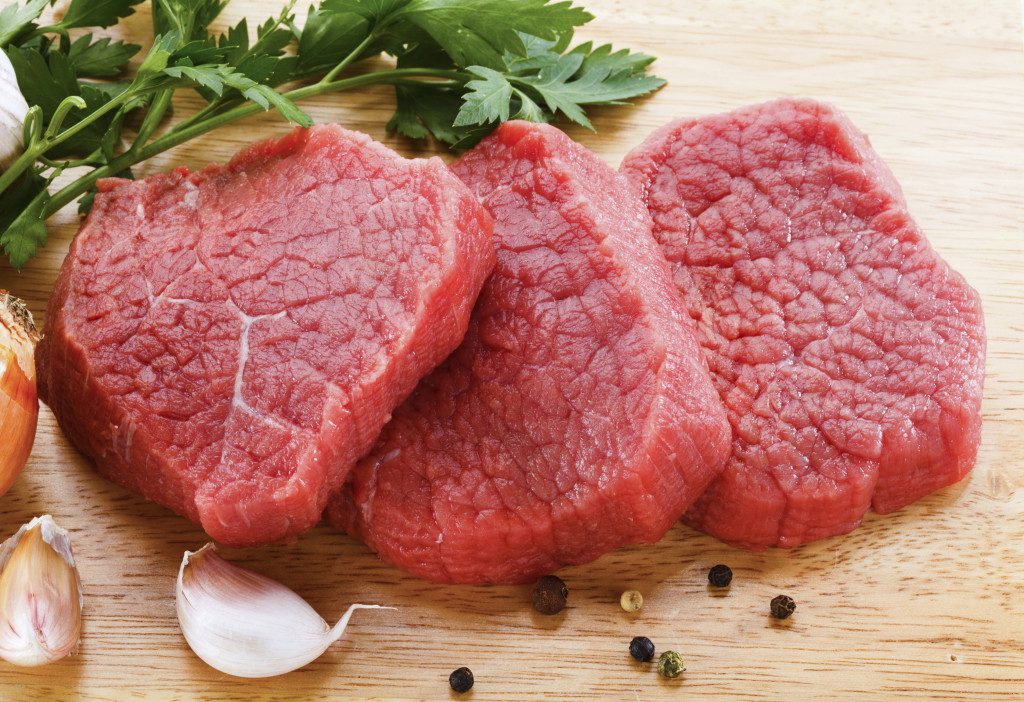
The Whole 30 claims to reset your immune and digestive systems through the elimination of added sugar, alcohol, all grains and dairy products (except clarified butter) for 30 days. That means no sweets, bread or baked goods, no beer or wine, rice, pasta, beans, peanuts or soy, and no milk or cream in your coffee. If you cheat, you must start again at day 1. After 30 days, you can gradually re-introduce the eliminated foods if you wish (though the theory is that you’ll feel so great that you won’t want to).
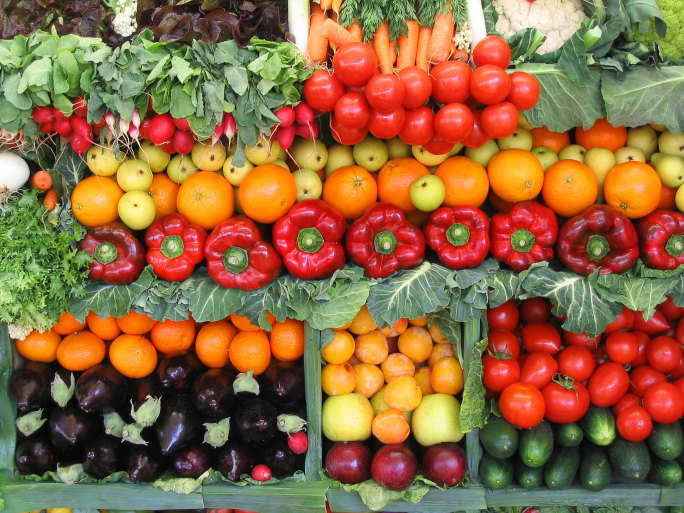
So, what can you eat? Meat, fish, eggs, fruit, vegetables, nuts and seeds. Certain oils such as olive, safflower, sunflower, canola, grapeseed, and sesame are allowed, in small amounts. (Canola is verboten.) Herbs and spices, including salt, are OK. (Bacon is a staple of the Whole30, as long as it’s free of sugar, sulfites and MSG.)
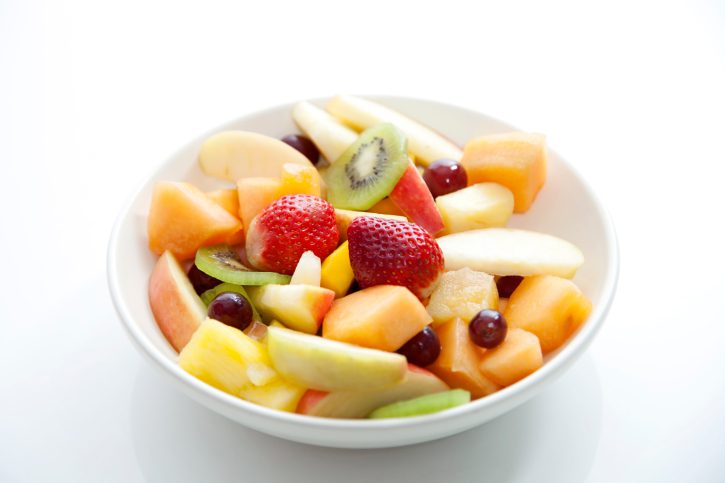
According to Fortune magazine, Whole 30 was developed in 2009 by Melissa and Dallas Hartwig, who decided to eliminate added sugar, grains, alcohol and dairy from their diet for one month, and then re-introduce them one at a time to discover which were the worst triggers for inflammation. Melissa found that her energy and mood both soared on the diet, but claims the weight loss was just a bonus, and shouldn’t be the primary reason to adopt it. (Experts point out that any diet that eliminates grains, dairy and sugar eliminates a lot of calories in the process–so temporary weight loss is inevitable.)
RELATED: Should you be cutting out dairy?
Pros for runners
If you embrace meat and eggs, as you’re intended to on the Whole30, you’ll get plenty of protein, not to mention vitamin B12. You’ll also benefit from the added vitamins and minerals from upping your fruit and vegetable intake to make up for calories lost from eliminating grains and sugar. And although we’d be the last to condemn alcohol in moderation, there’s certainly nothing unhealthy about cutting it out altogether, especially if you’re inclined to over-indulge on weekends (or to use it as a reward for sticking to your training plan).
Whole30 emphasizes whole foods, discourages processed foods (which typically contain many additives and sugar) and encourages eating only when you’re hungry. No problem there.
Cons for runners
The main issue with the diet is that it is very rigid, and some nutrition experts claim it’s arbitrary–that there is no scientific evidence that grains, for example, are bad for you. Most experts agree that beans and legumes are an excellent source of protein, and there’s no reason to restrict them. Eliminating all added sugar, while not a bad goal, can be very challenging, and looking for Whole30-compliant alternatives can become a job in itself. Eating out at restaurants, or even grabbing a snack at a coffee shop, may become almost impossible.
“In order for a person to follow this they would need to prepare all their food at home and not rely on any take out foods or packaged products,” says Registered Dietitian and 2:32 marathoner Rachel Hannah of Guelph, Ont. “I think the rules are too rigid, and I’m not sure what the long term benefit would be…”
The most obvious drawback for runners, especially marathon and ultra runners, is that they rely heavily on carbohydrates to fuel those tough workouts and long runs. And it can be challenging to meet your calorie needs on the Whole30 when your carb sources are restricted to fruits and vegetables. (Also, eliminating dairy and whole grains means eliminating potentially valuable sources of calcium and dietary fibre, which is inadvisable for anyone–not just runners.)
Some ultrarunners have claimed positive results from experimenting with various forms of fat adaptation in their diet, including ketogenic and carnivore diets, but that’s different, both in theory and practice. Whole30 eliminates grains out of a belief that they cause inflammation, not for any reason having to do with fuelling for energy.
The best fuel for runners is from a variety of nutritious foods containing an appropriate balance of carbohydrates, healthy fats, protein, vitamins and minerals. Hannah says: “My opinion is to look at your current diet and where you can make improvements (i.e. [reducing or eliminating] high-sugar foods, high fat etc.), then figure out what the most sustainable change can be that doesn’t sacrifice the carb quality coming in from fruit, vegetables, whole grains and unsweetened dairy.”
